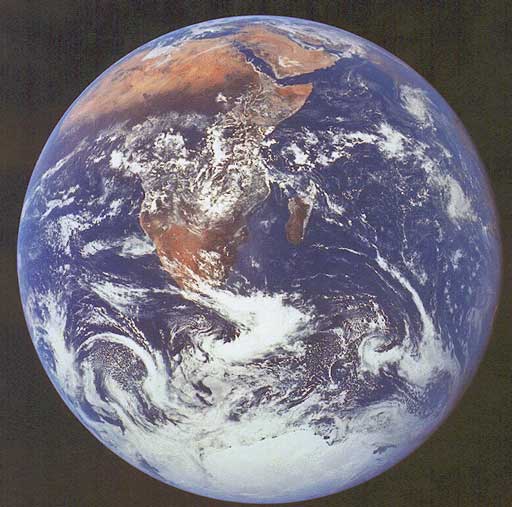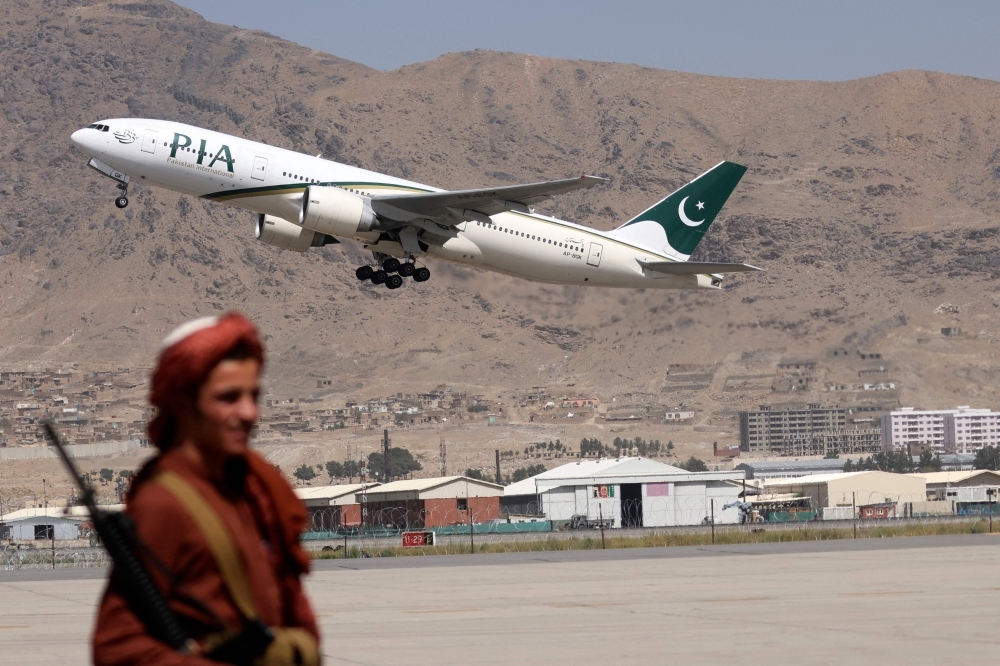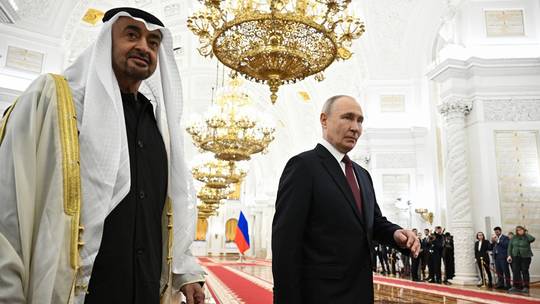Saudi Arabia’s trillion-dollar spending spree goes sour
Mohammed bin Salman’s ambitions to make the kingdom a tech hub is starting to raise eyebrows

At Saudi Arabia’s Future Investment Initiative, the Gulf kingdom’s elite gathering of rulers and executives dubbed “Davos in the Desert”, the country’s oil wealth made way for artificial intelligence (AI).
Humain, a state-backed AI business chaired by Crown Prince Mohammed bin Salman, signed a series of deals to showcase its ambitions, including a tie-up with oil giant Saudi Aramco and a $3bn (£2.3bn) agreement with investment giant Blackstone.
The crown prince, as the country’s de facto ruler is known, hopes Humain will turn Saudi Arabia into a major player in AI by using the country’s vast land and energy resources to build data centres, helping to wean the kingdom off its old power base built on fossil fuels.
However, the country’s renewed push into tech may raise eyebrows given its bungled forays investing in the tech sector.
Under a major spending drive over the past decade, Saudi Arabia has become one of Silicon Valley’s biggest investors, backing electric vehicle (EV), augmented reality and digital health – but with mixed success.
Shortly after he became crown prince, Bin Salman toured Silicon Valley, meeting Google founders Larry Page and Sergey Brin as well as high-profile venture capitalist Peter Thiel.
The kingdom’s trillion-dollar Public Investment Fund (PIF) also poured $45bn into SoftBank’s Vision Fund – the world’s biggest technology investment vehicle – becoming its biggest single source of cash, as well as buying up stakes in tech companies such as Nintendo.
However, many of those esoteric bets are yet to pay off – and some have even soured.
One is Magic Leap, the high-tech glasses company that has spent 15 years developing its technology. PIF has ploughed $1bn into the company, but the business has never made a profit.
PIF is also the majority owner of American electric car company Lucid, having invested more than $5bn in it. This, too, has yet to turn a profit and its share price sits at an all-time low.
In contrast, the PIF sold almost all its Tesla shares in 2019, when the company was worth a fifth of what it is now.
The company was also a major investor in British health-tech company Babylon, which was once valued at $4bn, but collapsed in 2023.
The Vision Fund also ended up making a string of unsuccessful bets, most notoriously on office-sharing company WeWork, although other investments mean it is now profitable overall.
Failures have come alongside other successes, such as a profitable investment in taxi app Uber, and Scopely, the maker of the smartphone gaming phenomenon Monopoly Go – but it’s hardly a Midas touch.
“Saudi’s overseas tech push is a mixed bag,” says Daniel Brett, the head of research at Global SWF, which analyses sovereign wealth funds. “There is a clear strategic footprint in gaming and a handful of financial wins, offset by high-profile under-performers.”
Despite losses on paper, Saudi Arabia’s tech splurge has had some domestic benefits for the kingdom. Lucid has opened a factory in Jeddah; Magic Leap used this week’s Saudi conference to unveil a deal with Google. But the country’s leaders are changing tack as losses mount up.
And it’s not just tech that has burned the country’s oil money. Adventures in sports such as the LIV Golf franchise and the Saudi Pro football league, as well as expansive “gigaprojects”, have also hit the PIF.
The giga-list includes a resort mega-complex on the Red Sea, a new city called Qiddiya, and most notoriously Neom – a futuristic city abutting Jordan and Egypt whose initial $500bn estimated cost has now reportedly blown out to $8.8tn.
But the state of the Saudi economy has led to questions about how long this spree can last.
The world’s shrinking appetite for oil has left Saudi Arabia struggling to keep its economy growing and its public finances in shape.
Just two years ago, the Saudi economy was expanding at or near a double-digit pace, and the budget was in surplus.
But slower global economic growth and a shift to EVs has curbed worldwide demand for oil, forcing Riyadh and other OPEC governments to prop up prices by cutting supply.
The Saudis have turned the oil spigot back on in recent months, but the government’s oil revenue so far in 2025 is still one quarter lower than a year earlier. This puts Riyadh on track for a budget deficit above 5pc of GDP this year, more than twice its previous forecast.
The increased oil flow since mid-year has pushed annual GDP growth back up to 5pc in the third quarter. But the non-oil economy has stayed sluggish.
High interest rates and soaring house prices – the government has been almost too successful in boosting demand for property – have sapped household borrowing and lending, which is at an eight month trough. Consumer confidence is bumping along at a two year low.
With the budget moving into the red, the government won’t be able to keep juicing up the economy with public money. Public capital spending has already fallen 40pc this year. So Riyadh is looking to foreign investors, and the PIF, to step into the breach.
The country has borrowed tens of billions of dollars this year, while the PIF now wants to put about 80pc of its capital into domestic projects.
But the PIF itself hasn’t been immune to the economic challenges. The fund recently disclosed that its net profit halved last year, and it cut the value of some of the biggest infrastructure projects on its books by $8bn.
This has spurred widespread expectations that when the PIF releases a new investment strategy in the coming weeks, it will step back from its gigaprojects.
Khalid Al Falih, the country’s investment minister, said this week that the private sector should “come in and start investing” in these projects.
The government now plans to open the gate a bit wider, by raising the ceiling for foreign ownership of Saudi equities beyond the current 49pc level. It also recently loosened restrictions on foreign ownership of property.
Al Falih said foreign investment into Saudi Arabia jumped 24pc last year to almost $32bn, almost all of it into the non-oil economy.
The PIF remains under pressure to spend heavily abroad.
It is the biggest investor in a deal to buy video game giant EA, brokered with Jared Kushner, Donald Trump’s son-in-law. They promised Trump this year that the Saudis would invest $600bn into the US over the next few years.
“We have witnessed a growing focus on domestic investments over recent years. But Saudi investors also know that key international markets are critical for generating returns,” says Robert Mogielnicki, an economist at the Arab Gulf States Institute. “This is a great deal of responsibility to manage.”
Brett, of Global SWF, says Saudi Arabia’s AI push is the country’s “most credible non-oil value chain” but that “execution risk is the elephant in the room”.
If the country is to move beyond reliance on oil, the crown prince will hope its next tech venture is more successful than its previous efforts.
[Source: Daily Telegraph]




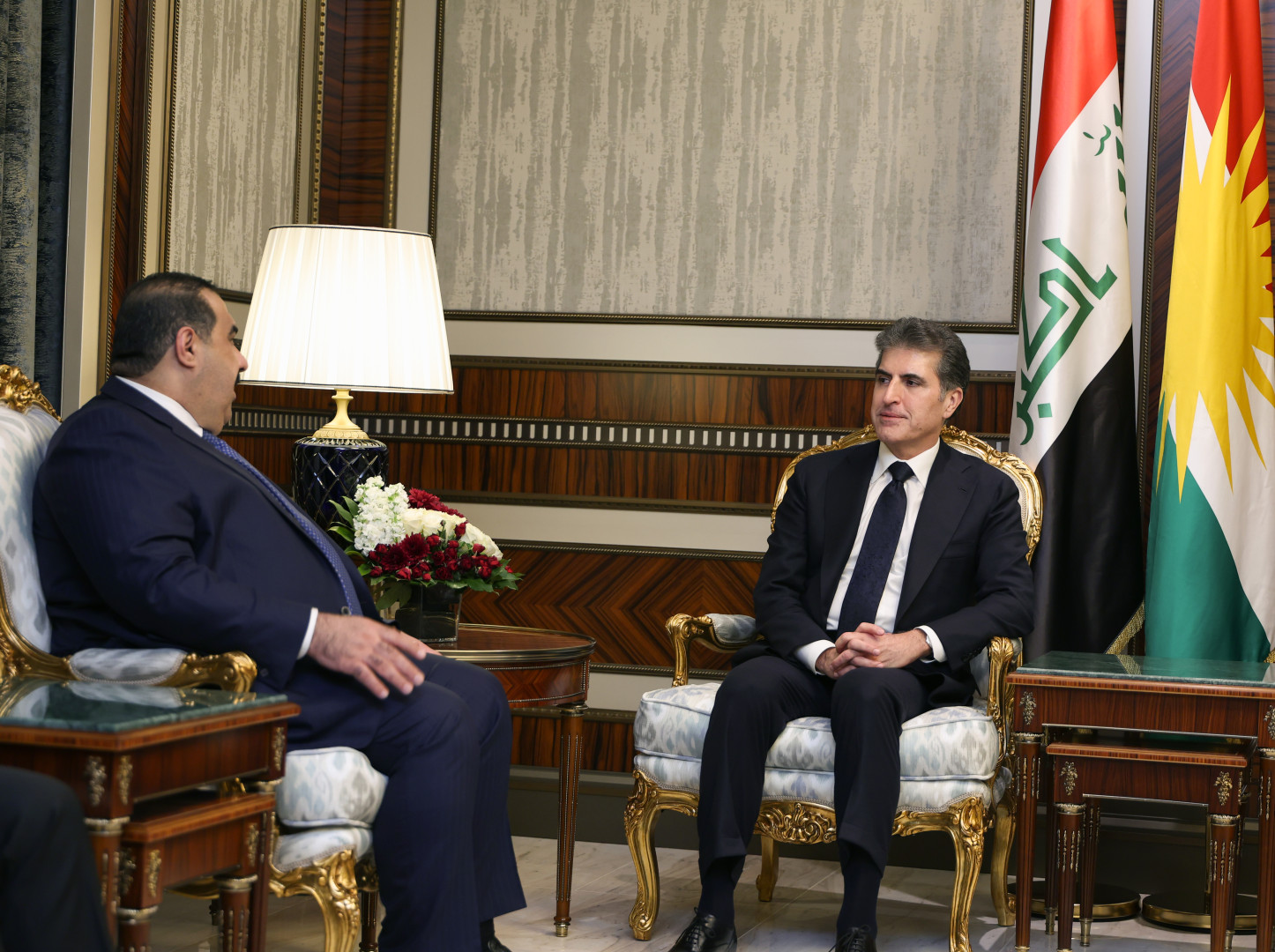
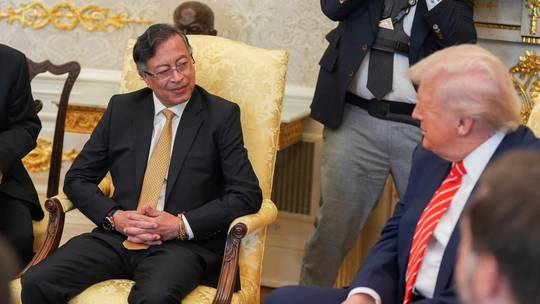




/file/attachments/orphans/GettyImages-173171038_666041.jpg)








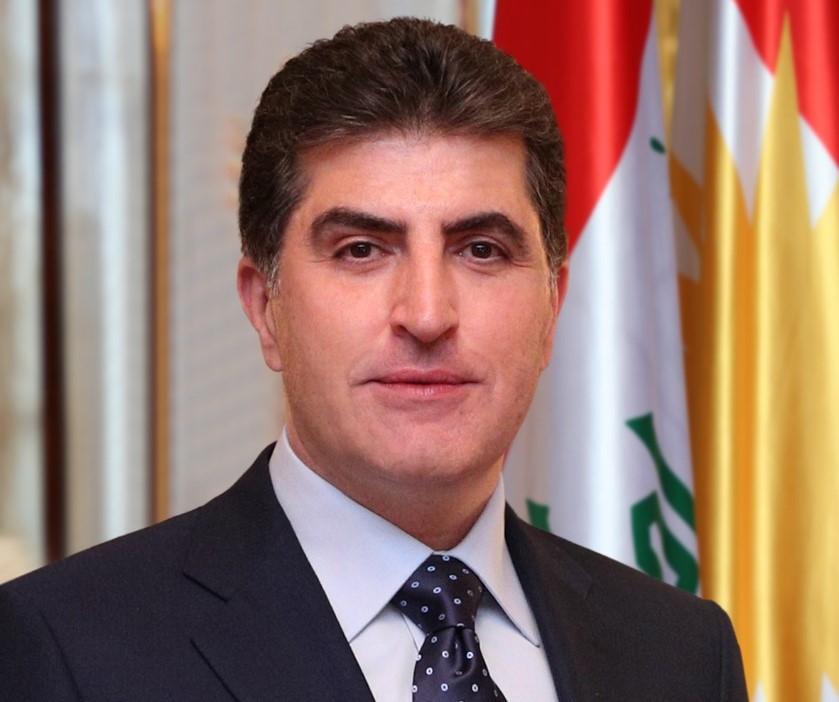



/file/attachments/orphans/IMG_9103_429753.jpeg)






